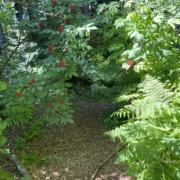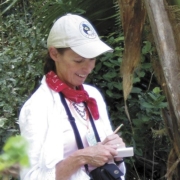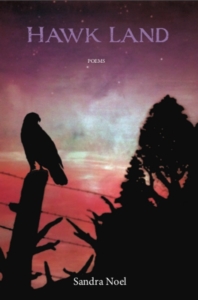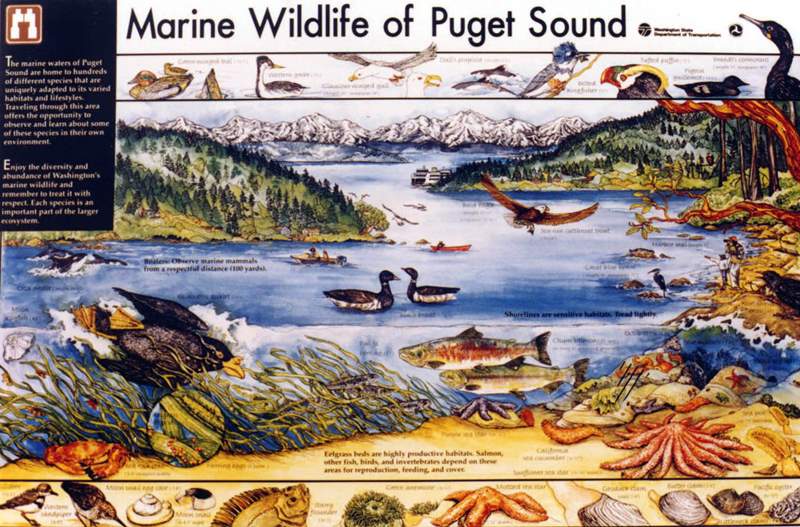Rosemerry Wahtola Trommer, HUSH
HUSH, Rosemerry Wahtola Trommer. Middle Creek Publishing & Audio, 9167 Pueblo Mountain Park Road, Beulah, CO 81023, 2020, 110 pages, $20, middlecreekpublishing.com.
I am off to Bellingham, Washington, today for the Chuckanut Writers’ Conference, so I’m going to make this quick.
If your library does not already carry this book, urge them to acquire it!
I first came across Wahtola Trommer in the Poetry of Presence anthologies. Based on the evidence of those few poems, I decided I had to see a larger sampling. Along comes hush. And it lives up to its name. The poems are lullabies for a troubled spirit. They spell us into nature and soothe us into becoming cottonwood tree, becoming larkspur. “There is no way / to be anywhere but here,” we are reminded. But we are also reminded that we have some control over where we place our bodies.
Walking at Night
One way to open your eyes to unnoticed beauty is to ask yourself, “What if I had never seen this before? What if I knew I would never see it again?” —Rachel Carson, The Sense of WonderAnd so I memorize how it is
that the cheeks nearly freeze,
but the body’s so warm,
how the river informs every measure,
but the thoughts sift to silence,
how the body thrills
in its ability to swing one foot
in front of the other, how
walking is just another name
for recovering from falling,
how strange it seems now
that I was once afraid of the dark.—Rosemerry Wahtola Trommer
The epigraphs are a map to the poet’s influences—Carson, William Stafford, Shakespeare, Mary Oliver, Wendell Berry. Praise poems, lamentations, and invitations to healing that arrive “so soft that at first / you aren’t sure / it is raining / but the fragrance / overcomes you” (“Wish”).
In this weirdly busy season of my life (broken engagements, family dinners, an aging dog; political and international news insisting on attention alongside daughters’ road-trips and their cats needing to be fed; classes and readings and writing conferences) this book was a balm.
I read it twice.
Deciding to Sometimes Practice Being Snapdragon
All morning I make myself useful—
mow the lawn and vacuum
the carpet and scrub the potatoes
and slice the melon and straighten
the shelves and look out the window
and see the snapdragons I planted
last spring not because they were useful,
but because they are so beautiful.—Rosemerry Wahtola Trommer
Although a couple poems are more ambitious, while typing this poem I thought of a line from Jane Hirshfield’s Ten Windows about a similarly short, seemingly “small” poem: “The poem’s absence of punctuation is an open selvage as well, in place of what would ordinarily be finished seam.” In RWT’s case, it’s the near absence of punctuation; even so, this poem opened my imagination to further possibilities. Metonymic rather than metaphoric, it offers us a part that stands for the whole.
I also kept thinking of another favorite poet, Rose Cook, particularly “A Poem for Someone Who Is Juggling Her Life,” a line from which I have painted on a piece of board and hung on my wall (from Notes from a Bright Field, 2013): “Be still sometimes. / Be still sometimes. / Let it all fall sometimes.” In her own words, and out of the idiom of her own life, Wahtola Trommer offers this same advice.
 Although I have looked her up (and you can, too, beginning at Middle Creek Publishing, and her website, WordWoman, where you’ll find her other books, one of which I just ordered…), I’ll mention only this detail from author bio page at the back of hush:
Although I have looked her up (and you can, too, beginning at Middle Creek Publishing, and her website, WordWoman, where you’ll find her other books, one of which I just ordered…), I’ll mention only this detail from author bio page at the back of hush:
“Since 2006, she’s written a poem a day.”
So this blogpost wasn’t so quick after all. But is this a poet after my own heart, or what?



 85 pages, $18 paper, www.middlecreekpublishing.com.
85 pages, $18 paper, www.middlecreekpublishing.com.